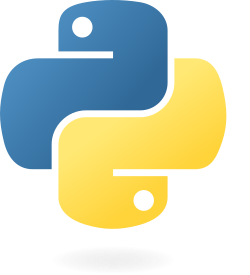This article has multiple issues. Please help improve it or discuss these issues on the talk page . (Learn how and when to remove these messages)
|
| GoAgent | |
|---|---|
 | |
 GoAgent Beta screenshot | |
| Developers | phus.lu, HewigOvens |
| Final release | 3.2.3 (November 22, 2014 [1] ) [±] |
| Repository | |
| Written in | Python |
| Operating system | Cross-platform |
| Type | Proxy server |
| License | GPL v2 |
| Website | goagent |

GoAgent is a GNU GPL open-source cross-platform network access software. It is mainly written with Python and supports Windows, OS X, Linux and most Linux-based OS like Android and OpenWrt. It uses Google App Engine servers to provide users with a free proxy service to gain access to blocked information. [2] It is normally used with web browsers.
GoAgent was eventually shut down at the request of Chinese law enforcement. [3] A project called XX-Net claims to be "A Reborn GoAgent", [4] with its first release in January 2015. [5]